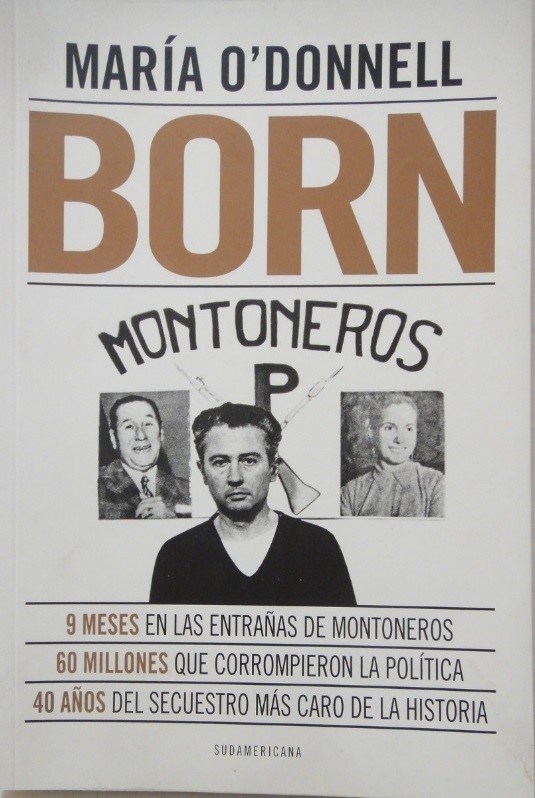The most expensive ransom in Argentinian history.
14th September 1974. Jorge and Juan Born, heirs and main stockholders of Bunge & Born – the most influential corporation in Argentina during the 20th Century- travel by car when, all of a sudden, a group of Montoneros guerrilla stops the vehicle and kidnaps the brothers. A forced relationship starts, between the Born Family and Rodolfo Galimberti, a member of Montoneros, a group who consider themselves Peronist and who declared war to the State. The goal is clear: one hundred million dollars in exchange for the lives of the richest Argentinian heirs.
During their captivity, Juan is very close to madness, and Jorge leads the negotiation of his own ransom. He manages to reduce the prize of their lives and convince his father to pay for them. 60 million dollars. An enormous amount for the 70s.
After intense negotiations and the payment of a deposit, they manage Juan’s liberation six months later. Jorge is liberated three months after, but the story has just begun. The guerrilla groups do not know how to launder such a huge amount of cash so they send it to their banker, who mysteriously dies in a plane accident shortly after, leaving no trace of the 16 million dollars they entrusted him.
During the fifteen years after the kidnapping, the traces of the money reach unexpected places: Cuba, the electoral campaign of Carlos Menem in Argentina or the pockets of Jorge Born.
The writer María O’Donnell gathers in this novel the testimony of Jorge Born, 40 years after his kidnapping, who allowed her to piece together what it actually happened.
RELEVANT INFORMATION: Born has been a great commercial success selling over 120 000 copies in less than a year. For the first time, we hear the voice of the captive of one of Jorge Born, the key episodes of Argentinian modern history.
What the critics have said:
“It is a unique book to understand the key of modern Argentina” El País.
AUDIOVISUAL POTENTIAL: Film in development.
AVAILABLE LANGUAGES: Spanish.


